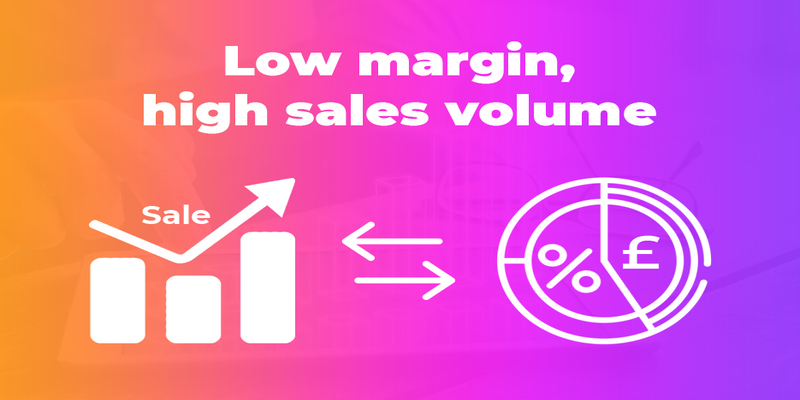When it comes to the flow of goods from factory to storefront, wholesalers play a vital role in connecting the many links in the supply chain. Bully buying from manufacturers or distributors and then selling those goods to other firms at a discount is known as wholesale trading. Merchant wholesalers, sales offices and branches of manufacturers, agents and brokers, exporters and importers, cash and carry wholesalers, drop shippers, specialty wholesalers, and service wholesalers are just a few of the many sorts of wholesalers operating in the sector. Many wholesalers offer specializations and expertise catering to specific company requirements. This aritcle will dive deep into wholesale Trade's various forms and characteristics, illuminating this vital economic sector's complexity.
Features of Wholesale Trade
Some distinctive characteristics of wholesale trading fall under the following broad headings:
Huge Quantities
The buying and selling of goods in ample quantities is a defining characteristic of wholesale Trade. Wholesalers are middlemen who buy bulk from producers and resell to retailers and other organizations. Wholesalers often only conduct business with other companies since the quantities of goods they sell are too significant for individual consumers.
B2b Transactions
Since wholesalers often only sell to other businesses rather than individual customers, this economic sector is classified as business-to-business (B2B). Hence, wholesalers usually function as a link in a supply chain, transferring products from producers to distributors to distributors to retailers to end users.
Low-Profit Margins

Low-profit margins are typical in wholesale Trade, with most profits coming from selling significant quantities rather than individual items. Wholesalers often have smaller profit margins than retailers since they offer their wares to other firms at prices below retail. Despite this, wholesalers can still profit due to the enormous volume of items they move.
Specialization
Several businesses in the wholesale sector specialize in only one or a few product lines. Produce may be a distributor's forte in the wholesale grocery industry, while garments may be the distributor's forte in the wholesale apparel industry. Wholesalers often specialize in a specific product category to better serve their clients.
Geographic Coverage
Several wholesalers sell their wares to consumers in many different areas, often across international borders. Businesses that operate in more than one geographical area can benefit significantly from working with wholesalers because of the breadth of products they can offer their clients.
Value-Added Services
Value-added services are standard in wholesale and go beyond selling items to clients. Customers can save time and money by having the wholesaler handle their products' packaging, labeling, and shipping. Wholesalers may set themselves apart from the competition and add value for their consumers by offering these value-added services.
Types Of Wholesale Trade
It is possible to classify various forms of wholesale Trade according to their products and services, their intended clientele, and the depth of their specialty. Examples of frequent wholesale transactions include:
Merchant Wholesalers
The most frequent kind of wholesaler is the merchant wholesaler, which often purchases products from manufacturers or distributors and resells them to retailers, other businesses, and occasionally directly to customers. Some merchant wholesalers focus on a limited selection of goods, while others stock a wide variety.
Manufacturers' Sales Branches And Offices

Manufacturers' wholesale divisions and offices are wholly owned and operated by the manufacturers themselves. They must go via an intermediary wholesaler to sell the manufacturer's goods straight to the retail market. This kind of wholesaler predominates in fields where there are few suppliers.
Agents And Brokers
Agents and brokers are the people who mediate between a manufacturer or distributor and a store or other business. They operate as a go-between for the buyer and seller without handling the products themselves. When a sale is made, they receive a commission that is often a certain percentage of the sum sold.
Conclusion
Wholesale Trade is essential to the global economy to connect producers, consumers, and other enterprises. From raw materials to completed items, the wholesale sector provides for the needs of various businesses. Organizations can select the best wholesaler from among the many available possibilities. There are many different types of wholesalers in the market. These include cash and carry wholesalers, drop shippers, specialized wholesalers, and service wholesalers. Others have merchant wholesalers, manufacturers' sales branches and offices, agents and brokers, exporters and importers, and exporters and importers.




